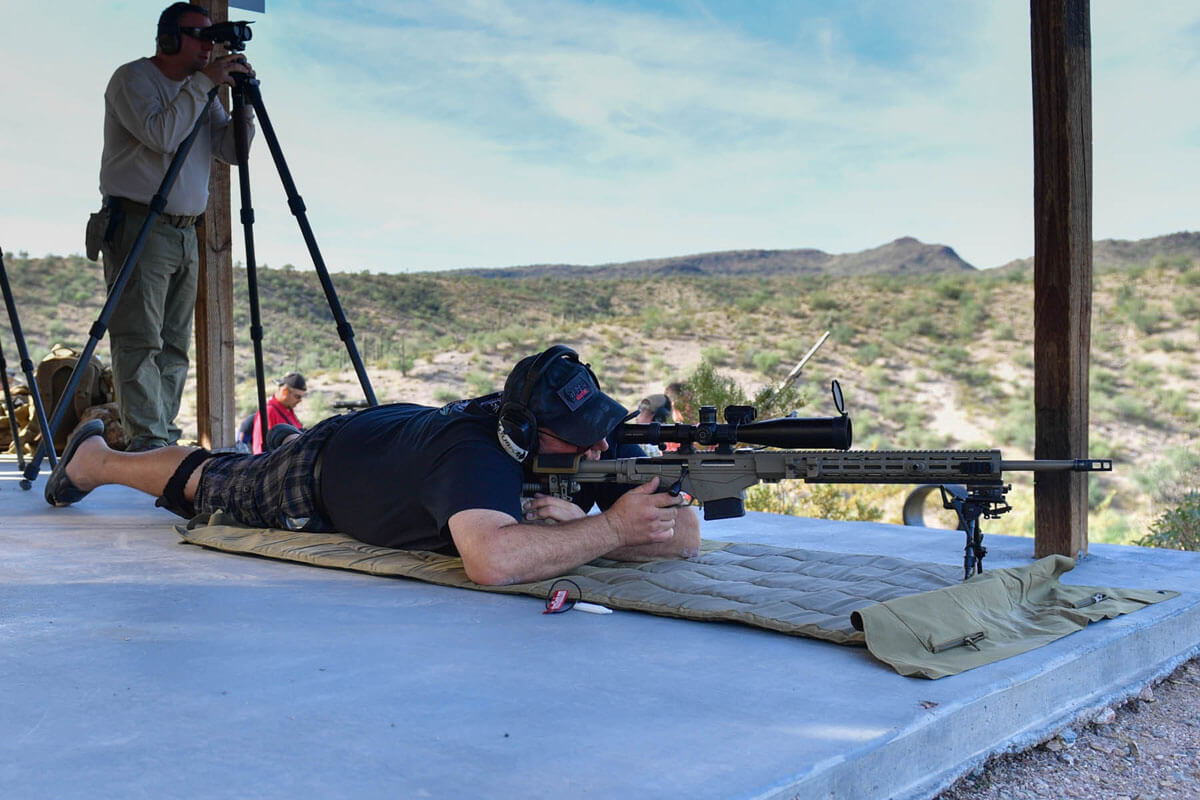You need to get used to doing things on the clock. Don't rush yourself too much for the first match but practice doing dry fire runs on these stages on makeshift stages/props you set up in your house, basement, backyard, etc whatever until you have some sort of idea of how long it takes you to get in and out of position. Practice these stages
https://www.precisionrifleseries.com/static/media/uploads/2017_prs_club_guidelines.pdf
Also, you need to practice "getting behind the scope" in a way where around on 12x magnification the reticle is already on the target or very close without hunting around for the target or fiddle dicking around too much.
ETA: Don't be one of the guys that shows up with out solid dope. At least get all the points you can in the prone stages with solid hits if your dope is solid.
Also, pay attention to what other people are doing for wind. A lot of guys just hold "left edge" or "right edge" for the first shot then adjust based off that if you're confident enough in a good trigger press and what you see through the scope as far as where the bullet hits so practice that also.


